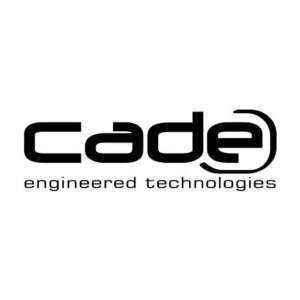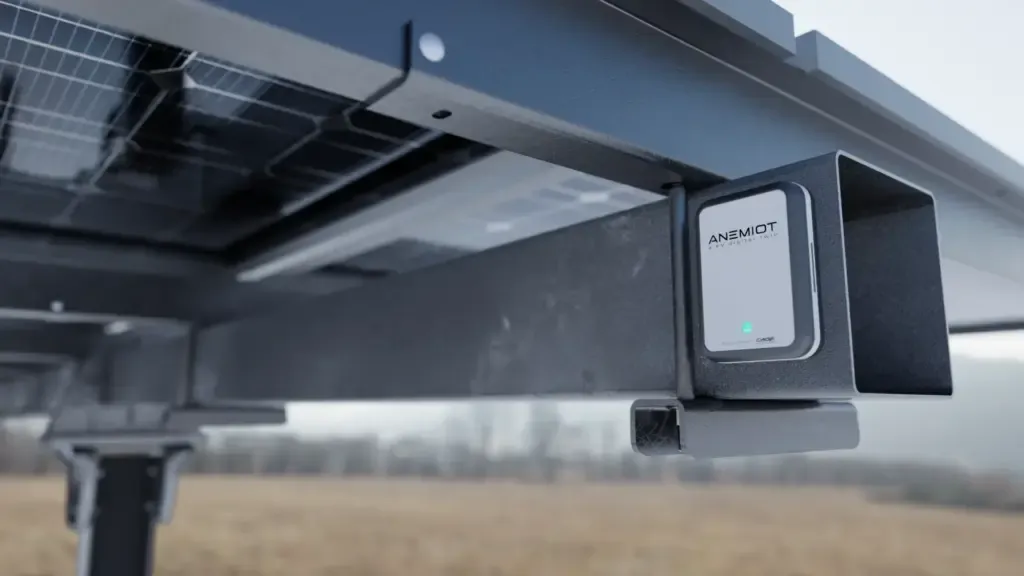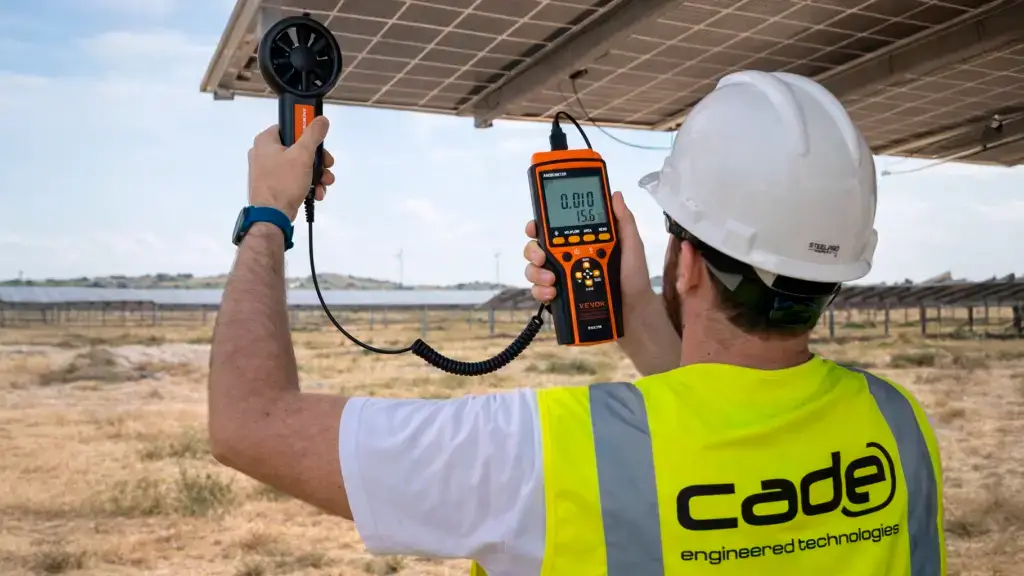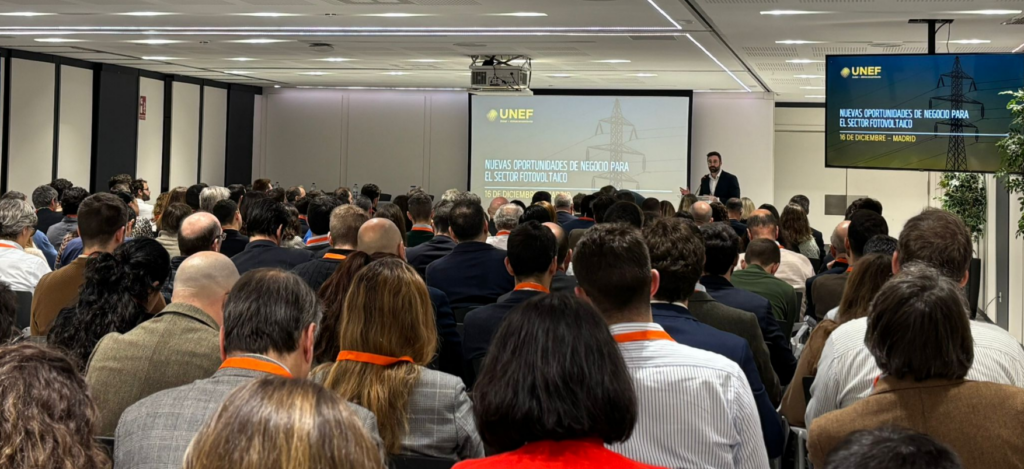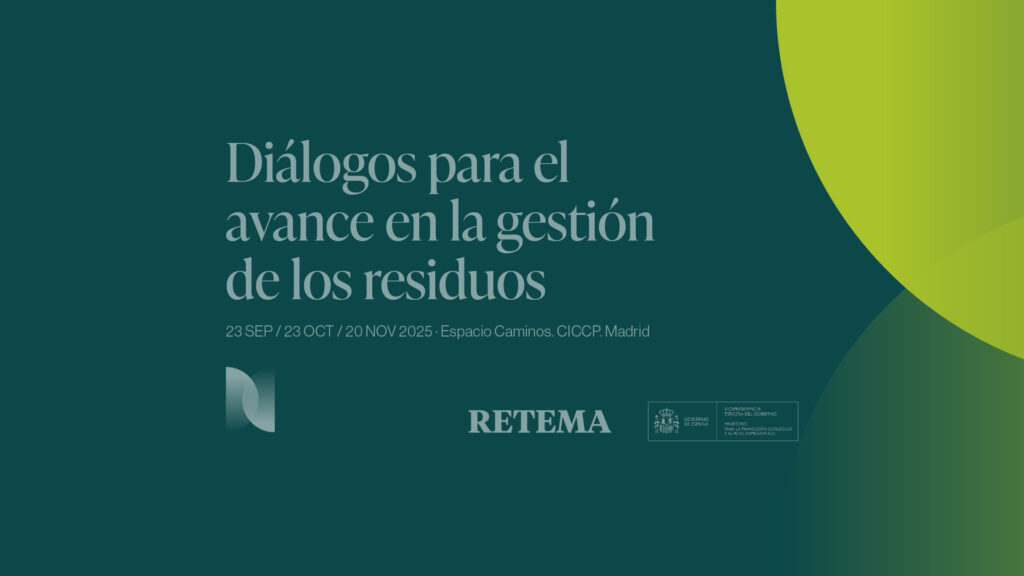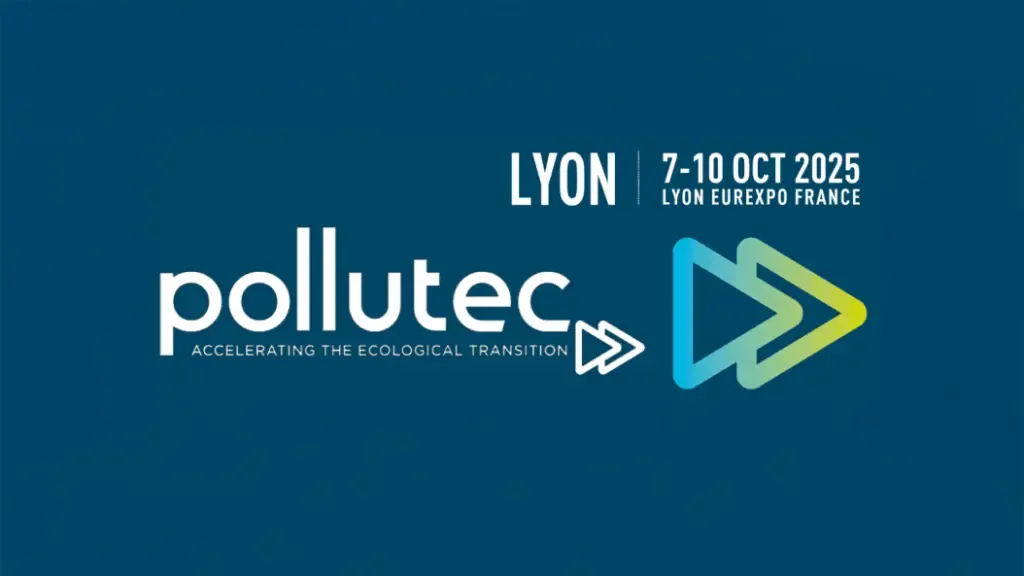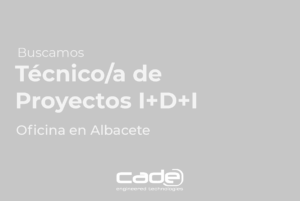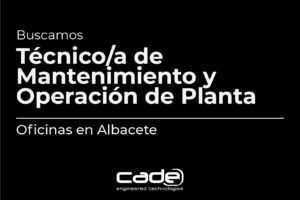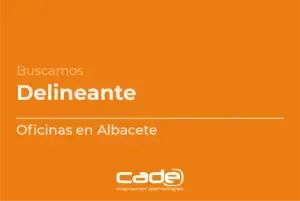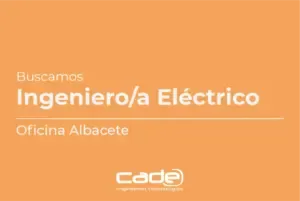Next November Thursday 7th 2013, at 10:00, CADE will hold at hotel Eurostars Madrid Tower the workshop:
«EQUIPMENT AND CRITICAL PIPING SYSTEMS. PROFITABILITY, EFFICIENCY AND RELIABILITY. INTEGRATION OF ENGINEERING ADVANCED CAPAPABILITIES ON REAL CASES.»
Overview
Integration of process and mechanical engineering capabilities allows, by the application of advanced analysis and simulation tools, the evaluation and upgrading of critical equipment and piping systems along both design and operation stages.
Application of such advanced capabilities is usually aimed to increase performance of equipment and minimize construction and O&M costs, being the economic yield, the last objective of these services.
Goals
- To improve the reliability and performance of the equipment and piping system. Economic balance.
- To determine operational limits of critical equipment.
- To evaluate integrity and remaining life.
- To evaluate on-service failures. Root-cause investigation
- Preventive measures and corrections
Who should attend
This event is aimed to Engineering Managers, Piping and Static Equipment Area Managers, Project Managers and O&M Managers, related to projects and operation of refining, gas, and petrochemical plants as well as thermal power stations.
Content
By means of real study cases, the application field of the described methodology and its derived benefits will be shown, both technical and financially on:
- Design phase: to get optimized and reliable designs, or for those designs which standard design codes are not applicable.
- Operation phase: to evaluate potential of performance upgrading, prevent operational failures and improve efficiency and availability of equipment and processes.
- Re-rating: design validation and evaluation of the impact in equipment/piping lifetime because of the redefinition of either their operative conditions or new process requirements.
-
To evaluate operational failure causes or defining preventive/corrective measures. Fitness for Service.
Instructors
José Bautista. CADE
Chemical engineer. Chief Technology Officer, VP Process Engineering, R&D and technology.
José accounts more than 10 years of experience in the field of process engineering on generation and process plants. He is an expert in thermal and hydraulic simulationand thermal and process equipment and plants .
He has a vast experience approaching and developing R&D projects in the field of supercritical fluids, and energetic generation systems based on renewable sources.
Patricia Berenguel. CADE
Mechanical engineer. Chief Mechanical Officer and FEA simulation
Patricia has developed her professional career during more than 10 years on the fields of analysis and simulation by finite elements as structural engineer, mainly on the field of equipment and Oil&Gas.
She is an expert on the application of structural codes (EUROCODE, UBS, AISC, ASCE) and equipment design, analysis and simulation based on FEA (ASME, EN13445, AD2000, FFS-1, etc.).
Workshop Agenda:
10:00 Reception and presentation of the event.
10:10 STUDY CASE #1: Thermal and mechanical simulation of heat exchangers and pressure equipment (40 to 50 minutes)
-
Part 1: Thermal/process simulation (20-25 minutes)
- Validation of Design Point
- Fouling effects
- Effects of ranked Oversizing
- Thermal simulation under different conditions from design point
- Start-Up
- Unbalanced Flows
- Evaluation of the potential to increase output thermal power delivery.
-
Part 2: Mechanical Simulation.
- Design by rules: Validation of design and operation conditions
- DBA – Design by Analysis
-
- Thermal and Static analysis by FEA
- Validation of design and operation conditions of critic parts: nozzles, saddles and supports, headers and tube-sheet, etc.
- Definition of alarms and securities on DCS
- Effects of operational conditions different from desigh condictions. Methdology.
-
- Stationary
- Start Up
- Dead Volumes scan
- Steps and ramps of inlet temperature
- Transient and fatigue cycles
- Thermal shocks effect
- Fatigue analysis: cyclic loads influence on start-up/shutdown cycles
- Vibrations analysis based on operation flows
- Norms and standards of reference
- TEMA – HTRI – HTFS
- ASME Section VIII, Div. 1
- ASME Section VIII, Div. 2
- EN-13445
- API-579-1 ; FFS-1
11:00 Coffee Break.
11:30 Study Case #2: Piping systems thermal-structural simulation by means of FEA (20 minutes)
- Importance of FEA simulation vs. piping flexibility conventional analysis
- Non-Linear analysis: influence of plasticity and creep phenomenon
- Standards and codes: API-579-1, FFS-1
12:00 Other Study Cases: Expert Engineering Assessment (EEA) (30 minutos).
- Oviedo Congress Hall. Failure evaluation of mobile arch weldings
- Breechlock closure leaks evaluation
- Determination of vibration causes of molten salt pumping system on CSP plants
- Validation of ovalized shell out of design code tolerance
- FFS analysis of shell of storage tank due to local bucking out of design code
- Vibration analysis on distillation unit buiding
12:30 Colloquium and discussion. Topics raised by attendees
- CADE’s proposal
- CFD analysis on compressible flows
- Compression line and gas cooling
- Unbalanced flows on inlet of air cooler
- Effects of ducts geometry in the loss pressure and flow profiles in flue gas treatment equipment
- Drying of liquid currents based on spray drying technology
- FFS importance on predictive and preventive maintenance. Prediction and failure analysis
- CFD analysis on compressible flows

